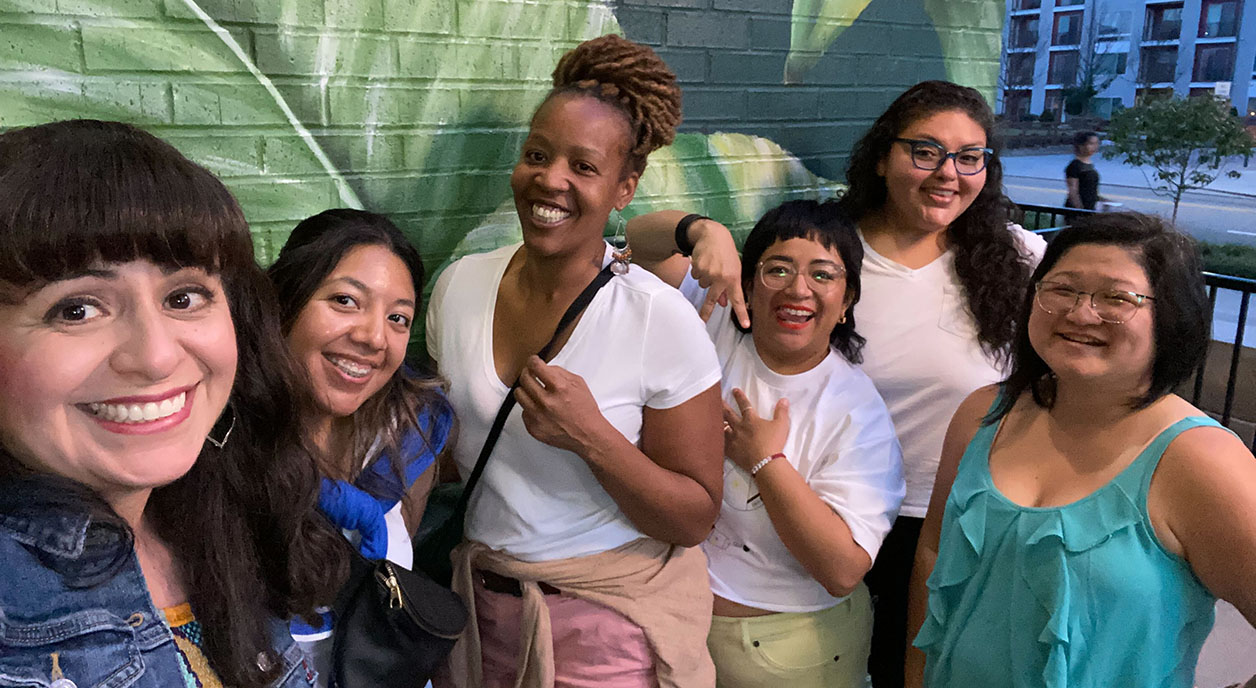New report highlights catastrophic global failure to protect the rights of persons with disabilities

A coalition of seven global disability rights organizations have today [October 21, 2020] called for urgent action by States and the international community to halt the catastrophic failure to protect the lives, health, and rights of persons with disabilities during the COVID-19 pandemic.
Children (with disabilities) and their parents are still in the street with no face masks, no social distancing. Their lives are in danger.
—Organization of persons with disabilities, Nigeria
A report entitled “Disability rights during the pandemic: A global report on findings of the COVID-19 Disability Rights Monitor’” which [was] launched on October 22, presents the findings from a rapid global survey of persons with disabilities and other stakeholders which took place between April and August of this year. The organizations behind the study seek to catalyze urgent action in the weeks and months to come, as transmission rates continue to rise in many countries and persons with disabilities are again subjected to restrictions which have already had severe consequences.
The report analyses over 2,100 responses to the survey from 134 countries around the world. The vast majority of responses were from individuals with disabilities and their family members. Very few governments or independent monitoring institutions responded.
The report highlights four major themes from the survey data:
- The catastrophic failure to protect the lives of persons with disabilities in residential institutions, which have become hotspots during the pandemic: Instead of prioritizing emergency measures to reintegrate people into the community, respondents pointed out that many institutions have been locked down, with fatal consequences.
People in institutions are not receiving adequate assistance or access to medical supplies. Staffing is insufficient and at dangerous levels.
—A female with disability, United States
- Widespread, rigid shutdowns that caused a dramatic breakdown in essential services in the community: Persons with disabilities could not access basic goods, including food, and supports such as personal assistance. Strict enforcement of these lockdowns by police and security forces has sometimes had tragic results, including the deaths of persons with disabilities.
The government announced the stay at home order and lockdown, but could not think of poor daily wage earners who are not getting even a meal a day. People are deprived of food and are in financial crisis and the government has not provided any benefits.
—A person with disability, Nepal
- Serious and multiple human rights violations against underrepresented populations of persons with disabilities: Women and girls have experienced a major uptick in gender based violence, children with disabilities have been denied access to online education, and homeless persons with disabilities have either been rounded up and detained or left completely to fend for themselves.
We have been forgotten about.
—A female with disabilities, New Zealand
- A marked trend of denying basic and emergency healthcare, including reports about the adoption of discriminatory triage procedures: In some cases, persons with disabilities were directly denied access to treatment for COVID-19 because of their disability.
The survey collected over 3,000 pieces of written testimony, many of which illustrate a failure by states to adopt disability-inclusive responses. This has been the case across many countries, regardless of their level of economic development, pointing to a collective failure on the part of leaders.
The report offers concrete evidence that is essential reading for law and policymakers, health and social care professionals, law enforcement, civil society, and others who seek to ensure that persons with disabilities are no longer sacrificed in efforts to contain the pandemic.
[The coalition comprises the Validity Foundation–Mental Disability Advocacy Centre; the European Network on Independent Living (ENIL); the International Disability Alliance (IDA); Disability Rights International (DRI); the Disability Rights Unit at the Centre for Human Rights, University of Pretoria; the International Disability and Development Consortium (IDDC); and the Disability Rights Fund (DRF) and its sister organization, the Disability Rights Advocacy Fund (DRAF).]
Reprinted from Disability Rights Fund and Disability Rights Advocacy Fund.






